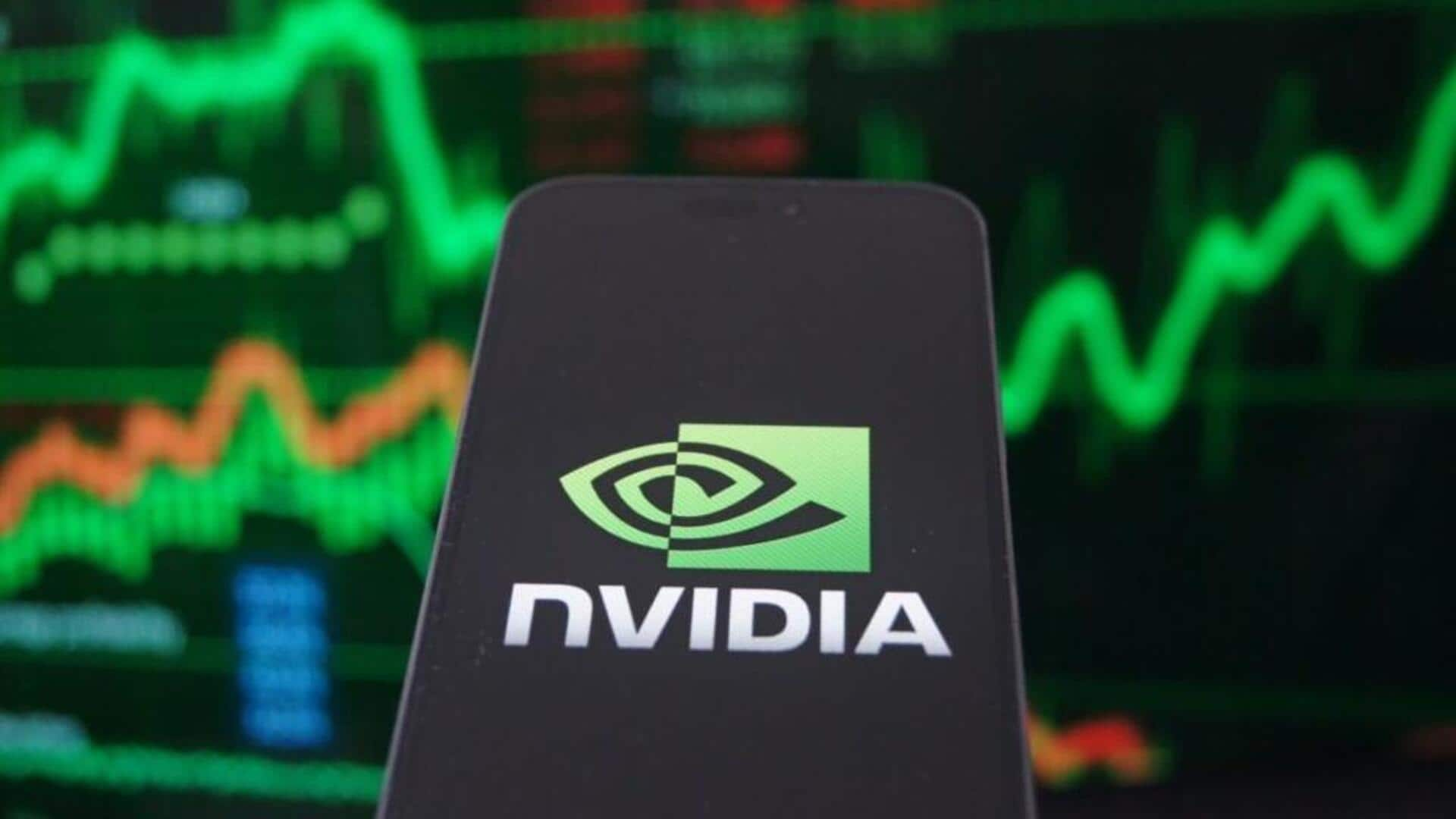
Sell-off hits NVIDIA, stock price down 13% in 3 days
What's the story
NVIDIA's stock has seen a sharp 13% decrease following a three-day sell-off that cost the company $430 billion. This drop comes after NVIDIA briefly overtook Microsoft as the world's most valuable company last week. The decline has pushed the popular chipmaker's shares into a technical correction, marking the first such occurrence since April. At the time of writing, NVIDIA's m-cap was $2.905 trillion, making it the world's third most valuable company after Apple ($3.19 trillion) and Microsoft ($3.3 trillion).
Market analysis
Analysts identify potential support levels amid NVIDIA's decline
Chief technical analyst at Kingsview Partners, Buff Dormeier, has noted signs of capitulation in NVIDIA's abrupt reversal. He expressed concern over the drop following positive news such as the stock split and becoming the largest company. Dormeier identified short-term support around the $115 level, with a significant level at $100. The $115 area is near a key Fibonacci retracement level, often used to identify support or resistance lines for stocks.
Market outlook
NVIDIA's long-term trend remains strong despite drop
Despite the recent drop, Ari Wald, head of technical analysis at Oppenheimer, believes that the longer-term trend for NVIDIA remains strong. He noted that NVIDIA is still trading well above its 50-day moving average around $101 and 100-day moving average at $92. "Typically major tops are a process, with several rounds of buying and selling and then price momentum creeps in and there's a failure to hold key levels. We haven't seen anything like that yet," Wald said.
Stock performance
NVIDIA's stock growth and market value amid decline
Despite the recent decline, NVIDIA's stock has seen significant growth this year due to high demand for its chips in the artificial intelligence computing market. The stock rose 43% from its May 22 earnings report and stock split announcement to the June 18 peak. Currently trading at $118.11, NVIDIA's stock has gained over 145% in 2024 alone.